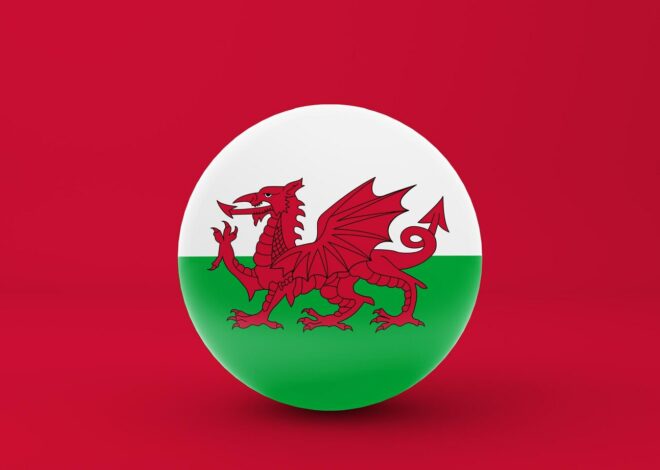
Internet history timeline
The internet has come a long way since its humble beginnings in the 1960s. Today, it is an essential part of our lives, connecting us to people and information all over the world.
Here is a timeline of key events in the history of the internet:
- 1969: ARPANET, the predecessor to the internet, is created.
- 1971: Ray Tomlinson sends the first email.
- 1973: The first transatlantic connection is made on ARPANET.
- 1974: The Transmission Control Protocol/Internet Protocol (TCP/IP) suite is developed.
- 1983: ARPANET switches to TCP/IP.
- 1984: The Domain Name System (DNS) is introduced.
- 1989: Tim Berners-Lee invents the World Wide Web.
- 1991: The first web browser, Mosaic, is released.
- 1993: The National Science Foundation (NSF) opens the internet to commercial use.
- 1995: Amazon.com and eBay are founded.
- 1998: Google is founded.
- 2004: Facebook is founded.
- 2005: YouTube is founded.
- 2006: Twitter is founded.
- 2010: Instagram is founded.
These are just a few of the key events in the history of the internet. Therefore, the internet has evolved rapidly over the years, and it continues to change and grow today.
The impact of the internet
The internet has had a profound impact on society. It has changed the way we communicate, learn, and work. It has also created new opportunities for businesses and individuals alike.
Here are some of the key impacts of the internet:
- Communication: The internet has made it easier than ever to communicate with people all over the world. We can now send emails, chat online, and make video calls with just a few clicks.
- Education: The internet has made education more accessible than ever before. Therefore, we can now take online courses, access digital libraries, and learn new skills from around the world.
- Work: The internet has changed the way we work. Moreover, we can now work remotely, connect with colleagues all over the world, and collaborate on projects online.
- Business: The internet has created new opportunities for businesses of all sizes. Additionally, businesses can now reach a global audience, sell products and services online, and operate 24/7.
- Entertainment: The internet has revolutionized the way we consume entertainment. We can now watch movies and TV shows online, stream music, and play video games with people all over the world.
The future of the internet
The internet is still evolving, and it is difficult to predict what the future holds. However, it is clear that the internet will continue to play an important role in our lives.
Here are a few trends that we can expect to see in the future of the internet:
- The rise of the Internet of Things (IoT): The IoT is a network of physical objects that are connected to the internet and can collect and exchange data. The IoT is expected to have a major impact on the way we live and work.
- The development of 5G and beyond: 5G is the next generation of cellular technology. It is expected to be much faster than 4G, which will open up new possibilities for the internet.
- The growth of artificial intelligence (AI): AI is already being used in a variety of ways online, such as in search engines and social media platforms. Also, in the future, AI is expected to play an even greater role in the internet, making it more personalized and intelligent.
Therefore, the internet has come a long way in a short time. It is difficult to imagine our lives without it today. The future of the internet is bright, and we can expect to see even more innovation and change in the years to come. This is the internet History timeline.


